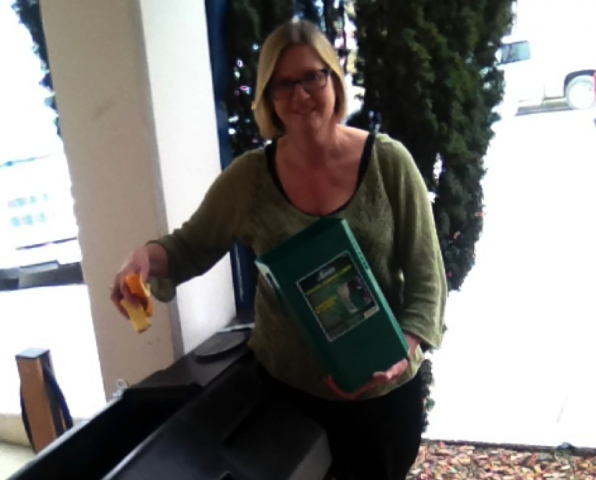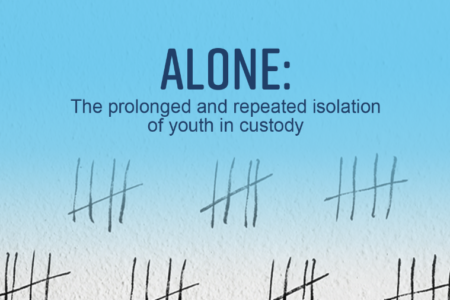Composting Gets a Foothold in City Buildings
The City of Nelson is playing a leading role in community composting by walking the walk at a number of city buildings.
Launched in mid-March, The City Workplace Composting Program allows staff to compost organic material from their lunches.
Fiona Galbraith, Corporate Energy Coordinator for the City of Nelson, is coordinating the program.
“It is a project of the Eco-Action team, a group of motivated staff members that have implemented these programs in the workplace,” Galbraith explains.
“We’ve got systems set up at both the Police and Library buildings, Firehall, down at the Public Works Building, Nelson Hydro, and City Hall.”
The different departments decided which composting system worked best for them.
Second floor staff at City Hall chose “Bokashi”, a no-odor, anaerobic style of composting that can be done indoors.
“Bokashi works really well on the second floor, because it’s quite a long distance for them to walk down and outside the building,” said Galbraith.
For the first few months Eco-Action Team volunteers will be closely monitoring the program while maintaining the systems.
“What we want to do is get feedback in terms of how much is getting diverted from the garbage and also how much work it is in terms of staff time.”
“We’ve made it as simple as possible. It is just a matter of deciding which bin to throw your material into. Within Public Works, in two days we had a full bucket, so people are using it.”
In a survey conducted in 2013, 65% of City staff supported the idea of a composting program in their workplace, while 27% were neutral and 9% disagreed.
The composting project is part of a larger City of Nelson program, the Corporate Greenhouse Gas Reduction Project, which hopes to achieve a 25 percent reduction in greenhouse gas emissions by 2015 from 2012 levels.
Composting can not only cut household waste almost in half, but it can also reduce greenhouse gas emissions because food waste produces methane in landfill as it decomposes.
As a greenhouse gas, methane is about 21 times more powerful than carbon dioxide.
City Council is also currently looking at the potential for composting on a community-wide scale.



























